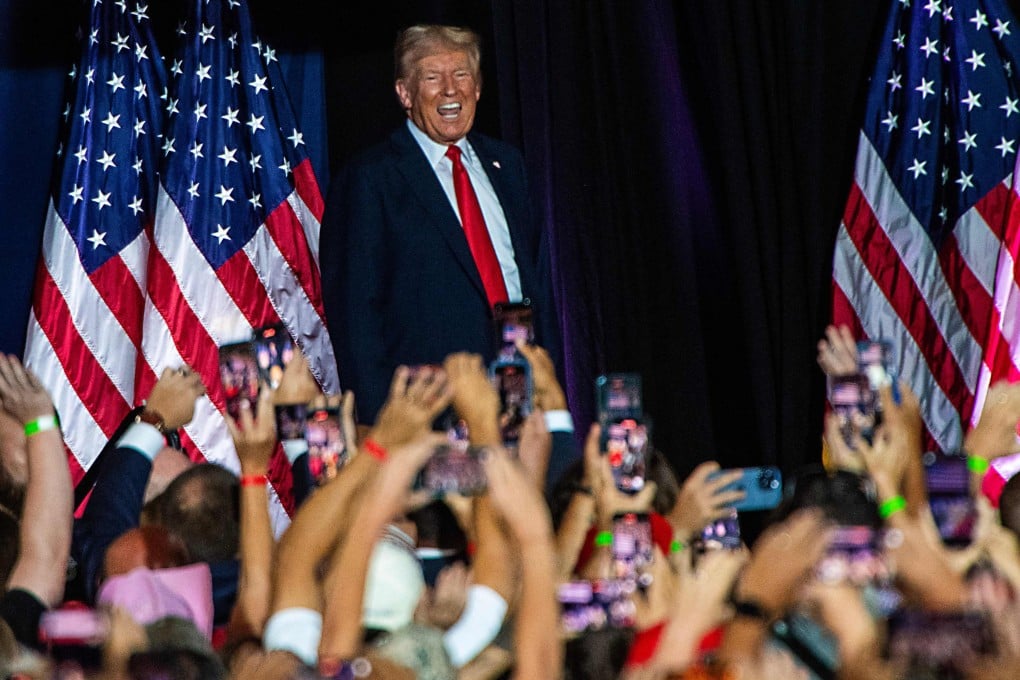Advertisement
Macroscope | Second Trump presidency would pose little threat to King Dollar
- While Donald Trump returning as president poses political risks, the US dollar is more insulated against his policies than many might think
Reading Time:4 minutes
Why you can trust SCMP
5

In global foreign exchange markets, particularly in developing economies, it is often dubbed a “wrecking ball”. The US dollar, the world’s dominant reserve currency, is living up to its formidable reputation.
The Bloomberg Asia Dollar Index, which tracks the performance of a basket of Asian currencies against the US dollar, has lost 10.7 per cent since the beginning of 2022. Many currencies, including the Malaysian ringgit and the Indian rupee, have fallen to multi-decade or record lows this year.
However, attention has focused on the region’s two leading currencies. Since the start of 2022, the Japanese yen has lost more than 30 per cent against the US dollar, helping put an end to decades of deflation but eroding Japanese households’ purchasing power. The Bank of Japan, which is struggling to normalise monetary policy, has been forced to intervene in the currency markets to prop up the yen to little avail.
Meanwhile, China’s yuan – an anchor of stability for other currencies in Asia – is trading close to its weakest level versus the US dollar since the end of 2007. This is fuelling capital outflows and making it difficult for the People’s Bank of China to ease monetary policy to help counter the country’s economic downturn.
Asian policymakers have been waiting for the dollar to weaken ever since the United States was expected to fall into recession early last year. Yet a resilient economy prevented the US Federal Reserve from cutting interest rates, contributing to the persistent strength in the dollar.
However, the loudest calls for a weaker dollar are coming from economic nationalists inside the US. Former president Donald Trump, who has long sought a cheaper currency to reduce the large US trade deficit and make it easier for manufacturers to compete globally, has made dollar depreciation a central theme of his presidential election campaign.
Advertisement
